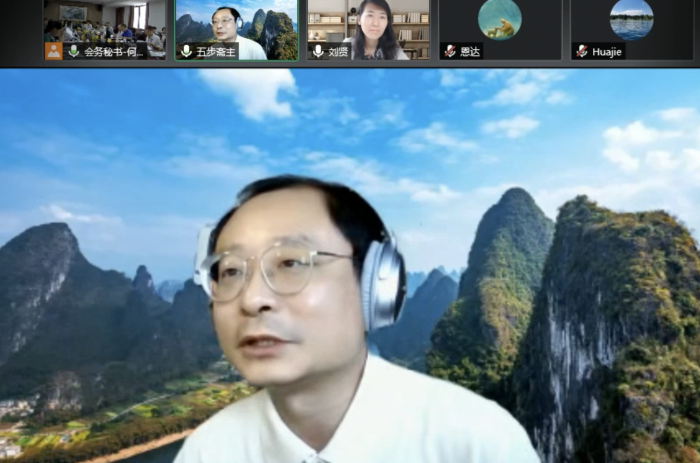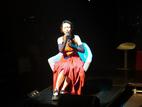A scholar illustrated the story of a normal Chinese Christian a hundred years ago to demonstrate how Christianity could possibly merge with Chinese culture in today's context.
In the academic symposium themed “Individuals, Organizations, and Cultures Spanning across China and the West” held by the Shanghai Society of History and the history faculty of Shanghai University on September 25, Dr. Qiang Yu, associate editor-in-chief of the Journal of Research for Christianity in China, delivered a speech titled “The Intermediary in Cross Culture: A Record by a Hangzhou Christian”.
“Qiyu Ruan was committed to the historical progress of the Sinicization of Christianity, setting an example for today’s integration of Christianity with Chinese culture,” the scholar highlighted.
Qiyu Ruan was born in Hangzhou, Zhejiang Province, in 1891 and passed away in 1946.
Dr. Yu said, “He was a graduate of Hangzhou Medical Training College run by the Church Mission Society of Hangzhou. As a famous integrated traditional and western medicine expert, he later worked in the Hospital of Universal Benevolence and compiled the Universal Benevolence Medical Journal.”
He continued, “At the same time, he encountered a shift in his Christian beliefs, claiming to disengage Sicheng Church (with the background of the Presbyterian Church in the United States of America). He moved to meet in the Christian Assembly (founded by Watchman Nee).”
“Ruan was a nobody, but he became the cross-culture intermediary owing to his integrative medicine and the thought of indigenization of Christianity in the era of the encounter of Chinese and western cultures.”
In 1912, Ruan was enrolled in Hangzhou Medical Training College founded by the Scottish Anglican missionary doctor David Duncan Main. He was one of the seven cohorts of graduates. After graduation, he served in the Hospital of Universal Benevolence and worked concurrently as the editor of the Universal Benevolence Medical Insurance.
In 1925, he studied at Tieqiao Correspondence Chinese Medicine School. Ruan joined the Chinese Medical Society in 1932.
Outraged by the discrimination against Chinese medicine and the inundated sales of western medicine, he put the promotion of Chinese medicine as one of his top priorities. He even proposed to write a new drug book on integrative medicine.
Ruan had another identity – being a Christian. Hangzhou Medical Training College, the earliest local western medicine school, stressed evangelism and religious activities apart from training professionalism and a medical mind. Ruan became a Christian under the influence of the Christian atmosphere.
Watchman Nee, the founder of the Christian Assembly or Little Flock, claimed that the church constituted all the people who believed in Christ and belonged to him, urging Christians to separate themselves from any denomination which itself was sinful. Afterward, Ruan claimed to break off relations with his mother Anglican church (Sicheng Church) and joined the Christian Assembly.
He said, “Please note that I’m not leaving the church, but the denominational union. I’m not persuaded by anyone, but guided by the Holy Spirit. I didn’t leave the church because of any dissenting opinion. I’m obeying God’s commandment.”
Dr. Yu concluded, “We can tell his change between Chinese and western cultures: Ruan underlined the integrative medicine by learning from each other’s good points for common progress; in terms of personal faith, he focused on the Sinicization of Christianity, divorced from the western denominational course, setting an example for today’s integration of Christianity with Chinese culture.”
- Translated by Karen Luo












